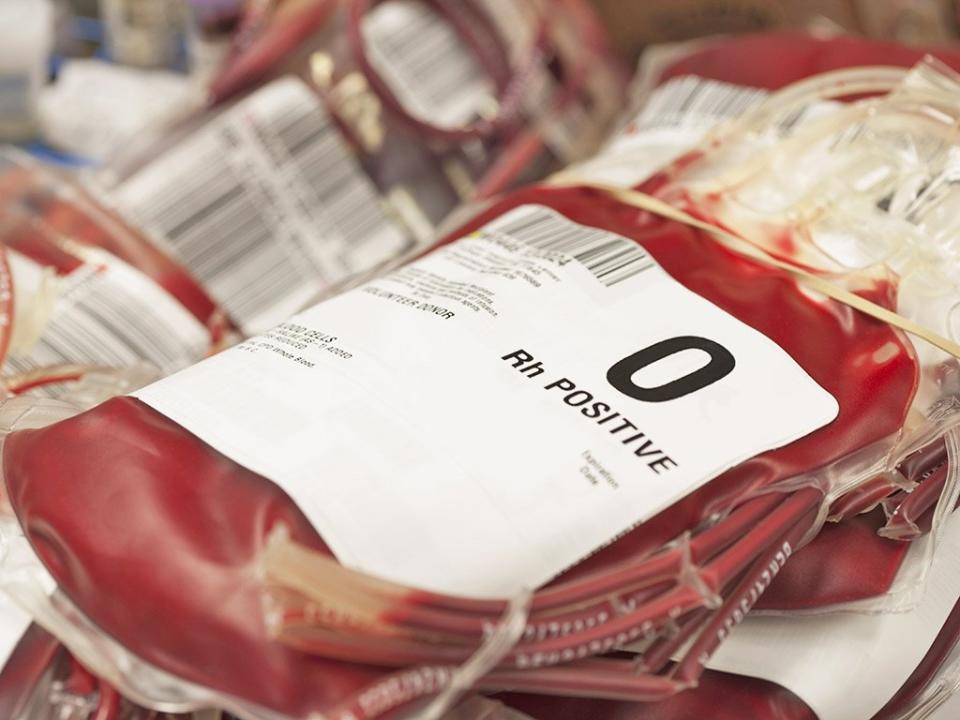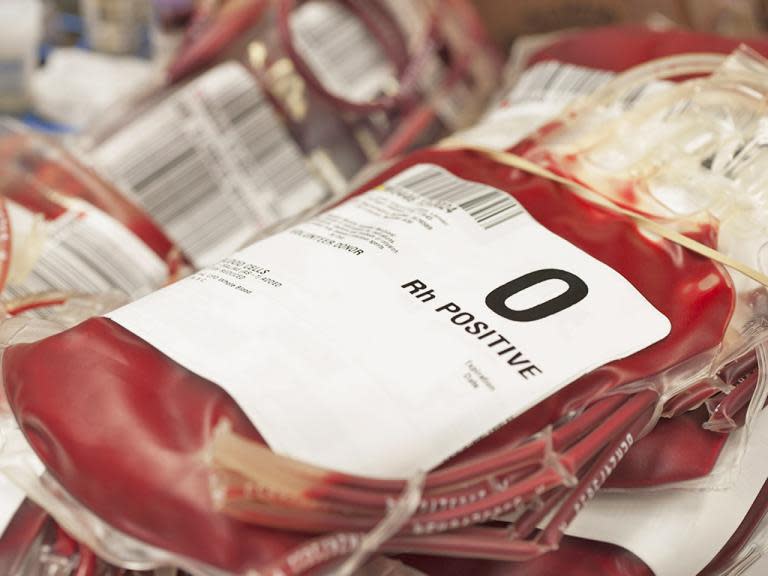Contaminated Blood Inquiry must learn 'chilling' lessons of Hillsborough scandal, victim groups say
The inquiry into how thousands of people infected with HIV and hepatitis by contaminated blood products must learn from the “chilling” lessons of the Hillsborough football disaster, a lawyer representing almost 250 victims has said.
David Lock QC told the Infected Blood Inquiry on Tuesday that there were parallels with the current investigation and the failure to disclose evidence and a closing of ranks against the families seeking justice for the 96 killed in Sheffield.
His firm, Leigh Day, is representing 241 core participants who were treated with infected blood and clotting agents in the 1970s and 1980s.
There have been around 2,800 deaths to date, but the numbers of those infected could go “far beyond 25,000” and thousands may still not know they have contracted hepatitis, the inquiry has heard.
Mr Lock said initial investigations into Hillsborough struggled “because of inadequate disclosure of the records” but it was families’ persistence that resulted in justice.
The chair of the Infected Blood Inquiry has pledged to look thoroughly into allegations, which through an attempted cover-up, led to medical records and key government documents being destroyed or going missing.
“The families of the 96 also knew the truth had not yet been told and were a thorn in the side of the establishment year after year,” Mr Lock said.
“But – and this is the chilling lesson we invite this inquiry to focus upon – the families were repeatedly right and the establishment was repeatedly wrong.”
Mr Lock concluded: “My clients are entitled to believe that there are lessons that this inquiry can learn from that process.”
Victims speaking before the inquiry claimed that doctors, civil servants and ministers, kept quiet about the risks even when their suspicions that patients were being infected hardened into fact.
Della Hirsch, whose son Nick died after contracting Hepatitis C from haemophilia treatment, told the inquiry: “Both medical professionals and others – including the Department of Health – involved in blood products, were engaged in a complicity of silence.”
“So many medical professionals did not share these suspicions, and at the same time, made it impossible to ask questions or raise doubts,” she added.
Michelle Tolley, 53, contracted Hepatitis C from blood transfused in 1987 and 1991 after childbirth.
She said of her infection: “The impact has been one of devastation, destruction and ultimately death.
“Those responsible for this tragedy must be identified, must be held responsible for their actions, and prosecuted if necessary.”
Aidan O’Neill QC, representing 248 inquiry core participants as well as Haemophilia Scotland and the Scottish Infected Blood Forum said that time was now of the essence for those still living whose health was failing after a 40-year-fight to be heard.
Commenting on a trip to speak to victims in Glasgow, Mr ONeill said: “One woman said to me ‘Tell them, we’re not grateful, we’re angry. Tell them it’s about bloody time.’ And it is.
"So much time has been lost in coming here, so much time has been stolen from those whose lives should have been otherwise.
The inquiry continues.
Additional reporting by PA

 Yahoo News
Yahoo News 

